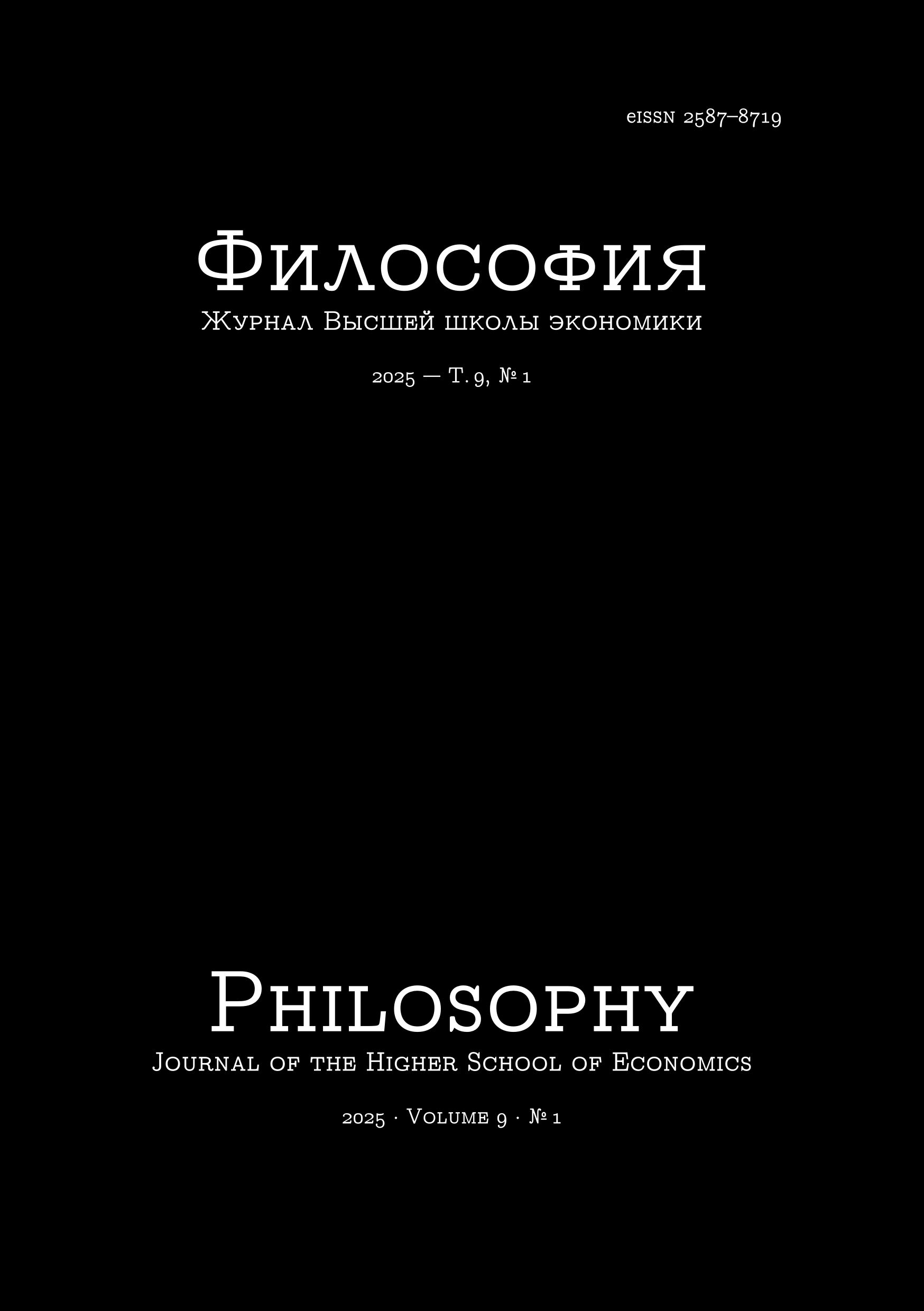Этика после метафизики
анализ этических императивов Бадью и Жижека
Аннотация
Чрезвычайное внимание к проблемам морали в современности определяется совпадением двух факторов. С одной стороны, постмодернистская критика подорвала доверие к любым «большим нарративам», предписывающим какой-либо образ жизни. С другой — бурная активность в использовании моральных оценок по отношению к другим людям, собственному и чужому прошлому явно требует какого-то нового способа упорядочения этических понятий. С философской точки зрения эта ситуация отражается в вопросе о возможности этики после или вне метафизики, то есть о возможности оценивать разные способы существования, не ссылаясь на верования или убеждения, касающиеся устройства мира. Исследование организации этического поиска за пределами метафизики может подсказать нам, как можно быть нравственным вне споров о таких верованиях. Чтобы ответить на этот вопрос, мы проведем анализ этических концепций Алена Бадью и Славоя Жижека. Бадью и Жижек называют свои онтологии «материалистическими», то есть отрицающими, что за существующим миром стоит некоторая «идея», субстанция или закон. В рамках таких онтологий понятие «события» используется для описания акта возникновения порядка смысла и субъекта, а для того, чтобы определить лучший способ существования, предлагаются императивы «верности событию» и «верности желанию». «Верность» выполняет функцию практического основания императива, так как позволяет соотносить собственные действия с неизвестным событием. Основная гипотеза нашего исследования заключается в том, что, вынося за скобки любое метафизическое основание, мы получаем возможность наблюдать логику этического поиска как такового. Этический поиск начинается с критики морали и сомнения в ценности любого известного способа существования. Радикальная реализация этой критики означает, что ничто известное не может рассматриваться в качестве удовлетворительного критерия, а значит, таким критерием становится неизвестное — жест этой критики повторяет логику критики метафизики, хотя и не определяется ей. Таким образом, постметафизическая этика оформляется в императивах верности событию и верности желанию, где событие и желания обозначают или замещают неизвестное как таковое.
Скачивания
Copyright (c) 2025 Philosophy Journal of the Higher School of Economics

Это произведение доступно по лицензии Creative Commons «Attribution-NonCommercial» («Атрибуция — Некоммерческое использование») 4.0 Всемирная.






